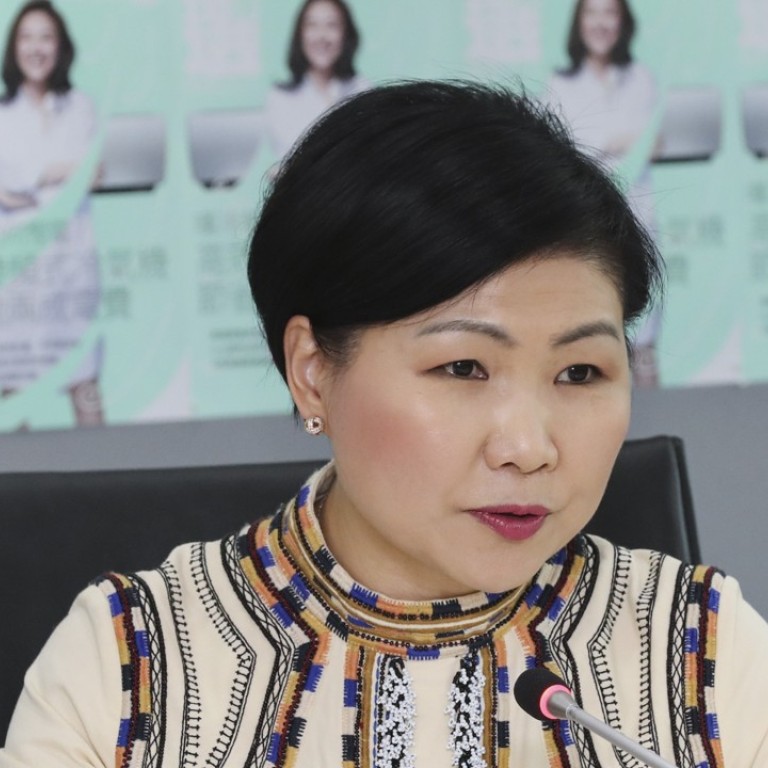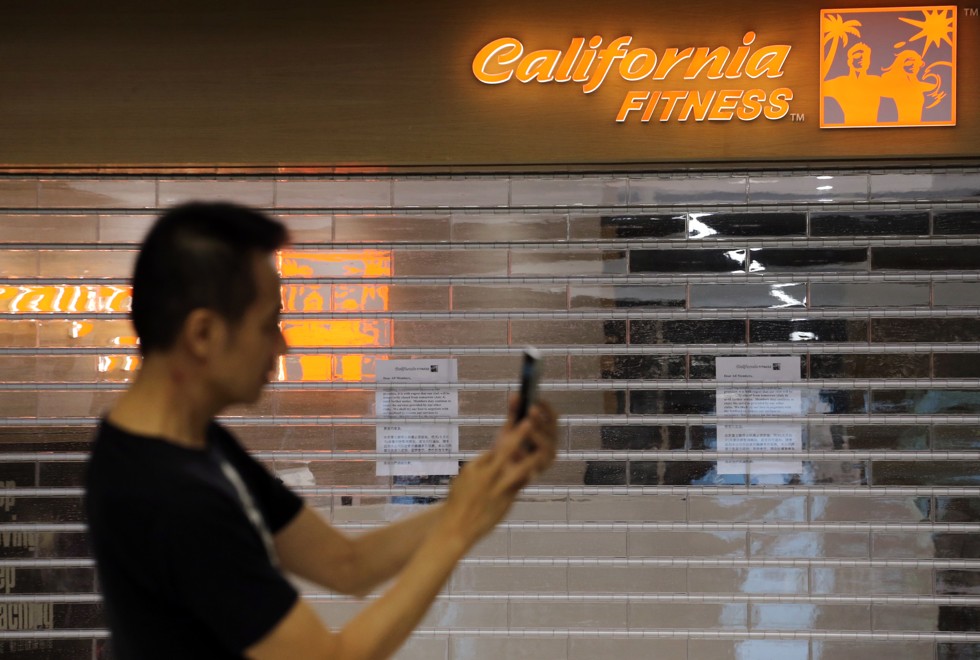
Hong Kong watchdog considers new law on product and service refunds
Consumer Council head says study will look at legislating sector-based time periods when buyers can cancel deals and obtain a refund
The watchdog is preparing a research report for publication later this year.
The council’s chief executive, Gilly Wong Fung-han, told the Post that the report would take into account cooling-off periods in other countries to determine what was suitable for the city and would propose exemptions for certain businesses.
“We need to learn from the experience the last time when the proposed cooling-off period was ‘broad-brush’,” Wong said. “But this time, we will consider whether to introduce different cooling-off period provisions to regulate different sectors.”
“Though some businesses may have other views, I believe the general public thinks a cooling-off period is needed to strengthen consumer protection. That is why we are producing this research report for the reference of the government,” Wong said.
Last year, Secretary for Commerce and Economic Development Greg So Kam-leung told the Legislative Council that certain issues concerning a mandatory cooling-off period were “controversial”, such as whether it should apply to all goods and services.
We will consider whether to introduce different cooling-off period provisions to regulate different sectors
In Hong Kong, cooling-off periods apply to life insurance. Some fashion stores implement them on a voluntary basis.
Examples include a middle-aged woman who paid over HK$4 million for a gym chain membership and 3,381 hours of personal training after being constantly pestered by sales staff.
The Consumer Council said complaints about health clubs shot up 189 per cent last year.
The Customs and Excise Department received over 16,000 complaints about what is known as prepaid consumption by mid-2016, but only recorded about 200 successful prosecutions.
Wong said the European Union and Australia had strong measures in place, but the US had no statutory cooling-off periods.
“In the US, cooling-off periods are voluntary and used as a competitive strategy. If a shop promises a cooling-off period, then the customer may be more likely to buy without having to worry about making a mistake,” Wong said.
She noted that some trades were unsuitable for cooling-off periods because of the nature of the product, which was why the council would recommend some exceptions. “For example, you can’t change your mind after making a tailor-made suit.”
Wong said customers who used part of a prepaid service would be able to receive a refund on a pro rata basis.


